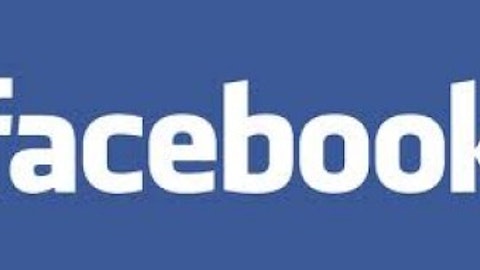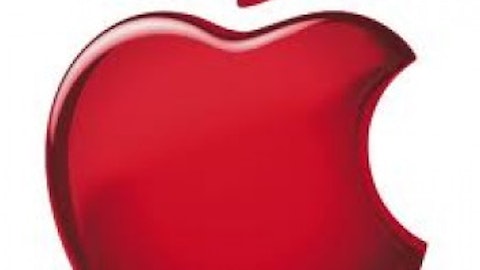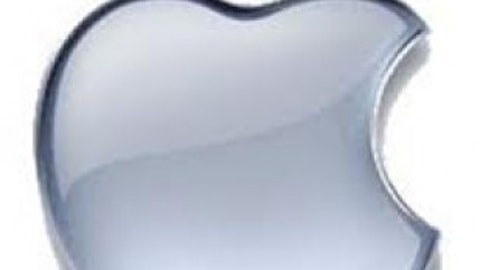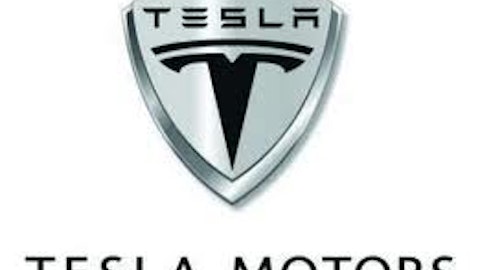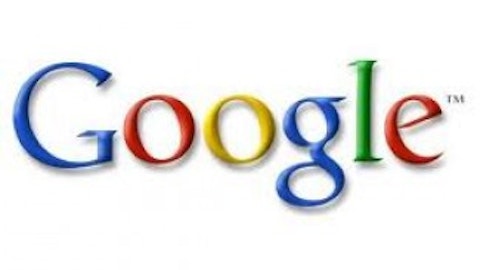Android is seemingly one of the biggest success stories in computing in decades. Google Inc (NASDAQ:GOOG)‘s rise to ubiquity in the smartphone market over the past three years has been nothing short of breathtaking, and its presence brings back memories of Microsoft Corporation (NASDAQ:MSFT) Windows during the rise of the PC.
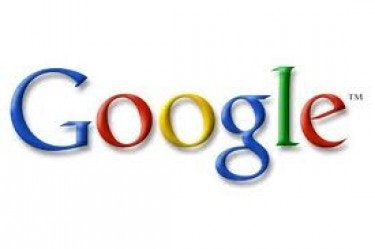
| Smartphone OS | 2011 Global Market Share | 2012 Global Market Share |
|---|---|---|
| Android | 48.7% | 68.4% |
| iOS | 19% | 19.4% |
| Others | 32.3% | 12.2% |
Source: Strategy Analytics.
Since Apple’s share didn’t change much from 2011 to 2012, those gains came at the expense of other platforms like Symbian, BlackBerry , or Windows Phone.
Here’s the problem, though: Google Inc (NASDAQ:GOOG) has lost control of Android.
No free lunch
Since Android is an open-source platform, any OEM can go out and obtain its source code for free. However, bringing a device to market typically involves royalties to Microsoft as well as going through the search giant’s Android Compatibility Program.
That last part is key for most OEMs, because it allows access to Google Inc (NASDAQ:GOOG)‘s large ecosystem of services and content, which is absolutely critical for most devices to have any chance of selling well. For the vast majority of OEMs, this is effectively a requisite because they simply don’t have service and content ecosystems of their own, in which case they have no choice but to go with Google’s.
Devices that don’t fit the bill exist outside of Google Inc (NASDAQ:GOOG)‘s official ecosystem. A growing number of companies now build their own ecosystems, and heavily modified, or forked, versions of Android are on the rise. Since Android’s primary goal is to funnel users into Google’s search and services, losing control of the platform is not a good thing for Big G.
First forker advantage
Amazon.com, Inc. (NASDAQ:AMZN) was the first major company to do this with the Kindle Fire tablet. The first generation ran a forked version of Android 2.3 Gingerbread, and the second generation “HD” variety runs a forked version of Android 4.0 Ice Cream Sandwich.
When Amazon launched its Android Appstore back in March 2011 before it unveiled the Kindle Fire, it was a clear indication that the e-tailer had something up its sleeve. Sure enough, it did. The Kindle Fire has become a veritable tablet contender, shipping 6 million units (11.5% market share) in the fourth quarter. Amazon has carved out a subset of the broader Android market for itself, one that doesn’t help Google Inc (NASDAQ:GOOG).
Mind if I hitch a ride?
BlackBerry 10 is also piggybacking off of Android’s success, with the company coaxing developers to port their apps over to the new platform. Android apps comprise 40% of the 70,000 BlackBerry World apps that the company is launching its new platform with.
Since BlackBerry is only hitching a ride on the app front and has its own email and messaging services, again its use of Android isn’t directly helping Google. BlackBerry isn’t going as far as to run a forked version of Android, since it did just unveil a shiny new platform of its own, but it’s still getting some help from Android.
